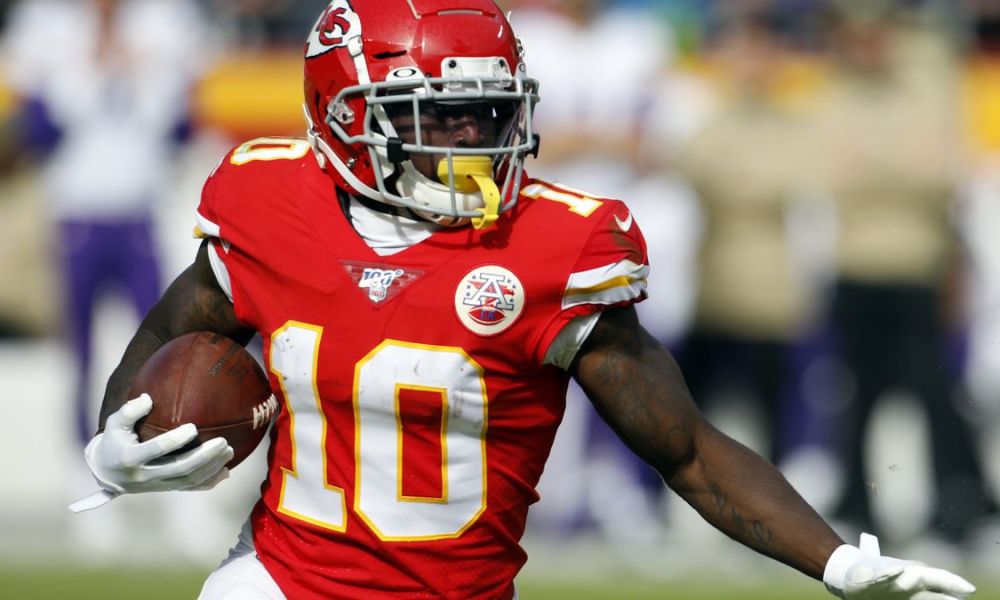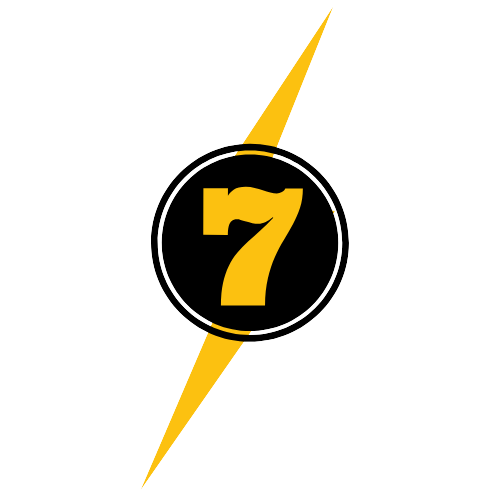
For fantasy football players, fantasy football playoffs are as crucial as the real playoff. The thrill and excitement are also just as good as real-life football. If you are leading your league throughout the fantasy season, you want to finish strong and get into the number 1 team’s fantasy playoffs. If you are in 2nd to 4th position, you want to sustain that position, and the rest of the players get into the battle to get into the final 4 (or last 6 in some leagues).
That’s why it’s not uncommon to see the situation in almost all of the leagues where you will observe the scenarios where one team’s success is dependent on his team’s win and the loss of another team.
This article is written for the people in the playoffs of their respective fantasy leagues and wants to finish as number 1. Keeping that in mind, it doesn’t matter; if you are new or you’ve been playing fantasy football since 2001, it never hurts to check out the new ways and the changing dynamics of football. Here are a few tips to help your team get in the top spot.
1. TIMELY SET UP YOUR STARTING LINEUP
We shouldn’t be even mentioning it because this is considered a requirement even in classic fantasy games. However, still many people forgot to timely set up their starting lineup. Although bye weeks end in the 13th week of the regular season, there isn’t fear of starting a player on a bye week. However, due to the strength of players’ schedule and slight injury, especially with the ongoing COVID-19 situation, it’s of the utmost importance to double-check the schedule before the start of the games.
2. REGULARLY MONITOR THE INJURED PLAYER STATUS THROUGHOUT THE WEEK
This one can be tricky because sometimes, when a player, specifically a high-profile QB, RB, or WR, is injured, the team coach doesn’t like to disclose the player’s status to keep the opposing team guessing. That does work well for the team, but it doesn’t do well with the fantasy players who often have to leave a perfectly healthy player on the bench due to fear of his injury status. Checking Twitter regularly, along with significant websites like NFL, ESPN, etc., regarding the player’s injury will help you determine its status. It will undoubtedly help you make a decision.
If you are very much in doubt, make sure to bench the injured player. But set up an alarm of 15 minutes before the start of the game to check the latest updates on the injured player and if the player is not on the team’s injury designation list, start that player; otherwise, create your already set up roster with peace of mind.
3. STACK ON PROMINENT RUNNING BACK HANDCUFFS
Although you should have been doing this throughout the season, if you haven’t done this already, make sure you pick the elite running backs’ handcuff, whether the running back is playing in your fantasy league or your opponent’s team. A handcuff is a back of a starting running back that is in line to start the game if a starting RB gets hurt. This year Mike Davis for Christian McCaffery is an excellent example of a backup running back making the most of the chance.
And this is true for most of the teams. It’s because a massive part of the offense is usually built around the elite running back, and all of the running backs in the group and even in the practicing squad train under the same playbook as the starting running back, so when the starting running back gets hurt the backup running back quickly takes his place.
This year few of the prominent handcuffs which are inline to replace the starting running backs are Alexander Mattison for Dalvin Cook, Latavius Murray for Alvin Kamara, Tony Pollard for Ezekiel Elliot, Le’Veon Bell for Clyde Edwards-Helaire, and Mike Davis for Christian McCaffery. You can search the team’s depth chart to find more players, and depending on the opposing team’s make sure to get as many as possible.
4. STREAM KICKERS AND D/STs
This is a strategically proven method. Rather than sticking with your “trusty” kicker and D/STs, make sure to scout the waiver wire and pick up the options against the weakest possible opponents. Even if you have the best possible defense, it’s not a guarantee that it will perform at the same level against the red hot Chiefs and Patrick Mahomes.
Still, it’s a huge possibility that any defense will perform better against the Jets. On average, they are scoring just 13.7 points per game this season and giving multiple sacks, interceptions, and fumbles. The same rules go for the kicks; some teams are very good at stopping the opposing team in the red-zone, which helps the kicker score 3 points. Make sure to read such stats and pick the players accordingly.
You can also use the same approach while playing RB/WR/TE if you don’t have an elite or stud player available but be careful. Players like Tyrek Hill and Davante Adams must start in every condition regardless of who the opposing defenses are.
5. PLAN AHEAD IF YOU ARE DOING GOOD IN THE REGULAR SEASON
If you have an outstanding starting team and have won most of the games in the regular season, and you know that you are guaranteed a spot in your league’s playoffs, you can pick up the players based on the strength of schedule in your league’s playoffs weeks.
This is a must option if you are playing in a highly competitive league because there is a high chance one of your opponents is either doing it or thinking about doing it. If you know what will be coming in the next few weeks, it will allow you to understand which of your benched players can be useful in the coming weeks and whether they would perform well in the playoff weeks.
6. KEEP AN EYE ON WEATHER REPORT
This is the least thought and yet an essential tip. The majority of people often forget about weather reports. Blizzard, snow, ice, rain, wind can all change a fantasy matchup considerably. Typically, running backs and quarterbacks have difficulty gripping the ball, and since quarterbacks have a problem, it makes the wide receivers slightly insignificant. But the most affected players are the kickers, and often time in a blizzard or heavy rain, many coaches of NFL teams tend to go for 2 points rather than trying for a PAT by a kicker.
The fantasy football playoffs usually start somewhere in the mid-early to mid of December. It is when the weather can be extreme, which can significantly impact your offense’s performance. The only option that can benefit from harsh, cold, and severe weather is the D/ST, and that’s it. Therefore, if your starting player is going to play in weather predicted to have blizzard conditions, think twice before starting that player.
Photo courtesy of Colin E. Braley/Associated Press.









